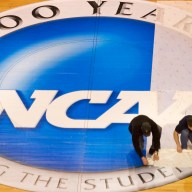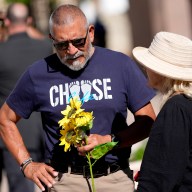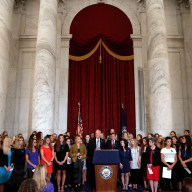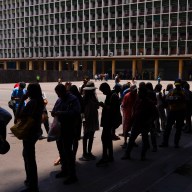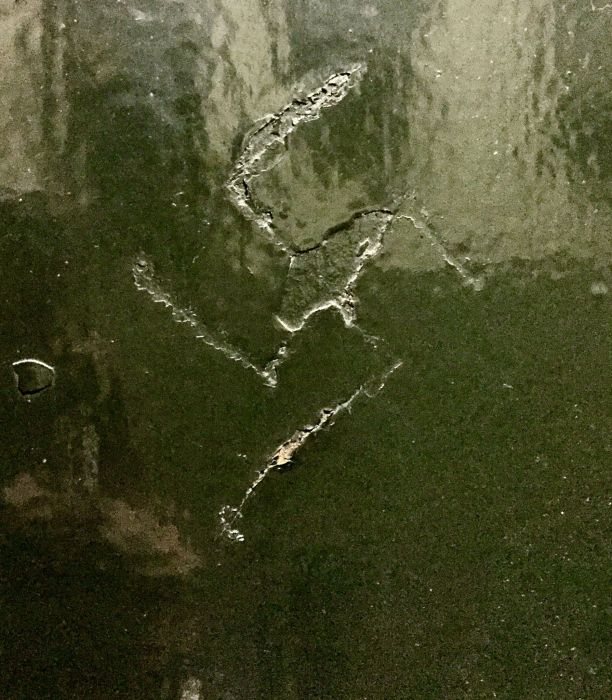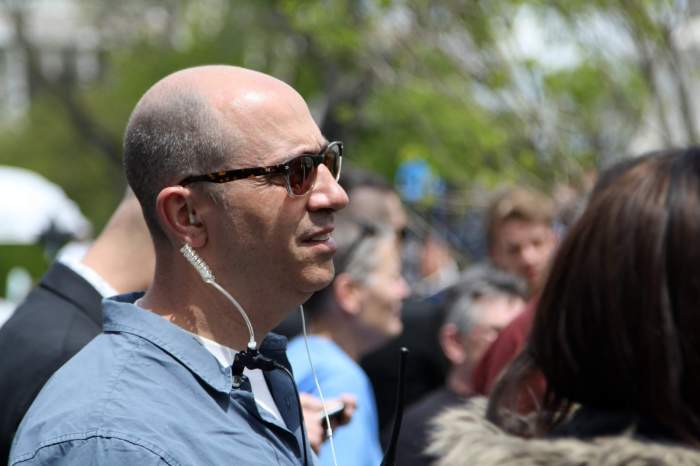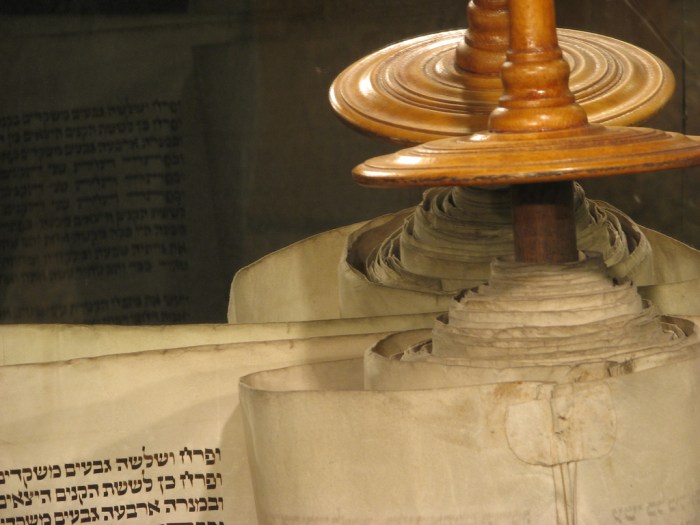Last year, a client walked out of the Touro College free tax preparation clinic beaming with new knowledge that a fat $10,000 tax refund was heading his way.
Many people, especially immigrants, wouldn’t know they overpaid their taxes or know how to get it back without professional help, one student participant at Touro’s Volunteer Income Tax Assistance program (VITA) said. It’s one of the city’s 166 VITA sites, which are supervised by the IRS. “That extra money means everything for some of these people. It was amazing to help,” the student said.
For the past five years Touro College in Brooklyn, with its largely Orthodox-Jewish student body and faculty, has brought IRS-trained and tested accounting students together with the elderly, low-income, racially diverse and immigrant Brooklyn population that earns less than $54,000 a year. A team of 20 tax preparers, site coordinators and file reviewers offer their free service on Sundays from 10 a.m. to 1 p.m. and will do so until April 9, the day before the eve of Passover, a particularly busy time for Orthodox Jews. “I’m very confident in them,” said Claudine Rohlehr, a Guyana native who has been in the country for 11 years. Rohlehr had relied on her brother for tax work, but since his promotion as an architect for the city he’s simply too busy. And those who don’t speak English can find their saviors at Touro.The volunteers speak Spanish, Russian, French, Hebrew and Yiddish — making itone of the most multilingual VITA service centers in the city. Last year they helped 250 people. This year it will be closer to 350, said Robert Goldschmidt, dean of Touro’s Lander College of Arts and Science.
“The diversity of the clientele that we are accommodating is the entire panoply of cultures in the borough,” he said.
The value of the program is not just a free-of-charge professional service or practical experience for students.
“The value is if these clients have an image in their mind of what a Jewish person looks like, the courtesy and professionalism has the power to change perceptions and misconceptions,” said Goldschmidt. “You have the power to melt away those stereotypes during the 30- to 40-minute session they are sitting together.”
That mutual appreciation rendered through the program is particularly important at this moment, Goldschmidt said,when anti-Semitism is on the rise and immigrants feel especially vulnerable to prejudice and persecution from government agencies. It’s an example of Jewish “chessed,” said Miriam Halberstam as she waited for her name to be called. “Chessed is the tremendous drive to help one’s fellow humans.”
Jewish accounting students prepare taxes, repair cultural strife in Brooklyn for free
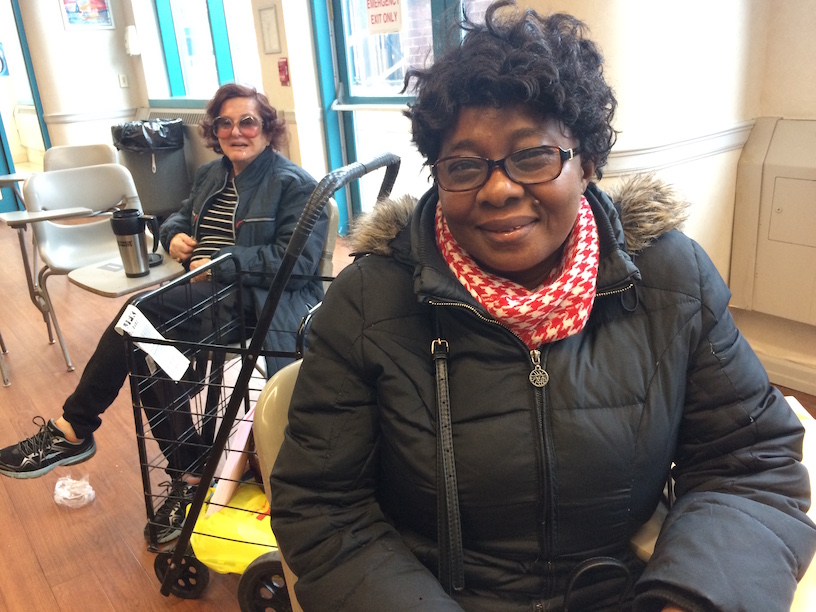
Amanda Mikelberg


